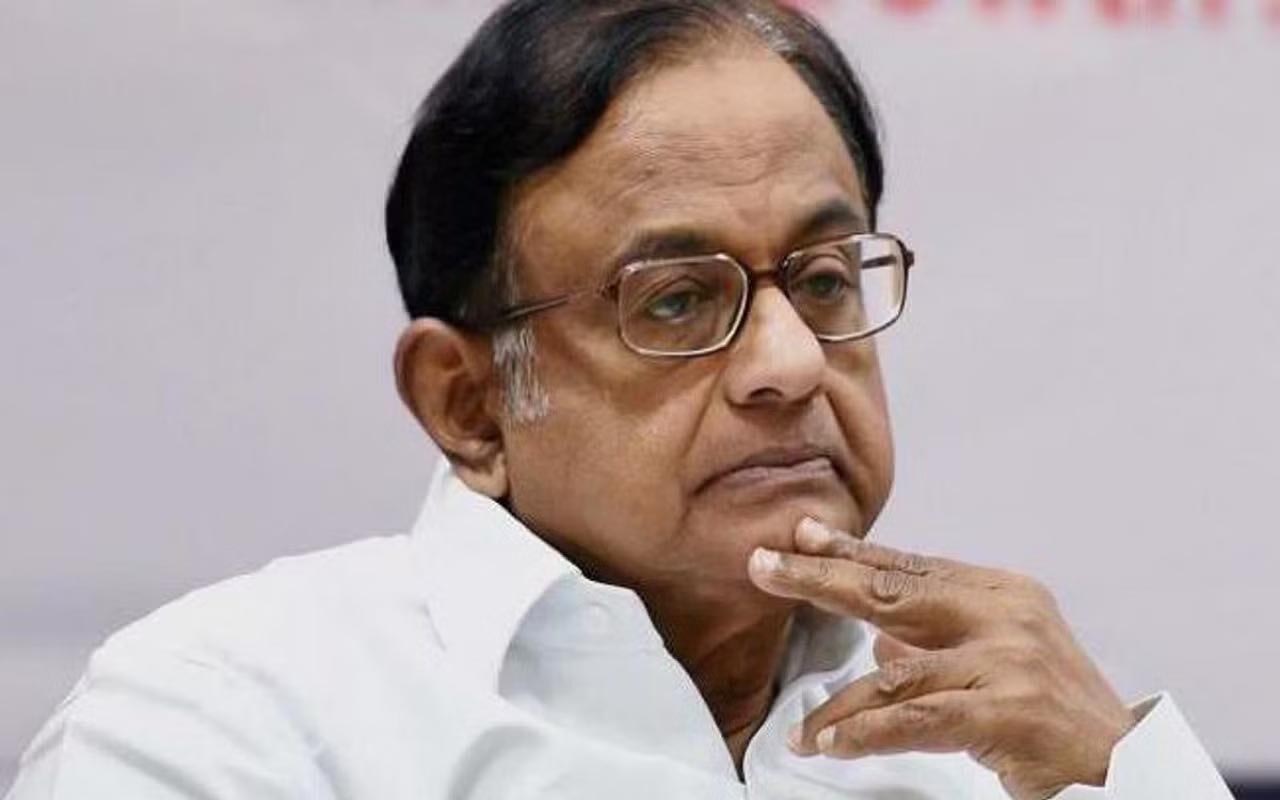India | A day after Prime Minister Narendra Modi made a strong pitch for the Uniform Civil Code (UCC), Congress leader P Chidambaram said an “agenda-driven majoritarian government” cannot impose it on people as it would lead to “division” among people. The former Union minister claimed that the prime minister was advocating a Uniform Civil Code to divert people’s attention from issues like unemployment, price rise and hate crimes.
He also alleged that the Bharatiya Janata Party (BJP) was using the Uniform Civil Code to polarize the society. In a tweet, Chidambaram said, “The Prime Minister is trying to portray that UCC is a simple process. He should read the report of the previous Law Commission which said that it is not relevant at this time. “The country is divided today because of the words and actions of the BJP. In such a situation, the UCC imposed on the people will further increase the division. “He said,” An agenda-based majority government cannot impose it on the people.
Chidambaram said the Prime Minister’s strong appeal for UCC was aimed at diverting attention from issues like price rise, unemployment, hate crimes, discrimination etc. He said that people need to be cautious about this. The Congress leader alleged that the BJP, which has failed in good governance, is using the UCC to polarize voters to win the next elections. He said, “The Prime Minister while advocating UCC has compared a country with a family. Visually their comparison may seem correct, but the reality is quite different. The fabric of a family is made of blood relations.
A nation is linked to a constitution, which is a politico-legal document. “He said,” There are diversities even in a family. The Constitution of India recognizes diversity and plurality among the people of India. Significantly, the Uniform Civil Code has long been one of the three major election issues of the BJP, the other being the article giving special status to Jammu and Kashmir. Repeal of 370 and construction of Ram Mandir in Ayodhya. The Law Commission had on June 14 initiated a fresh consultation process on the UCC and sought views of stakeholders, including the public and recognized religious organizations, on the politically sensitive issue.
